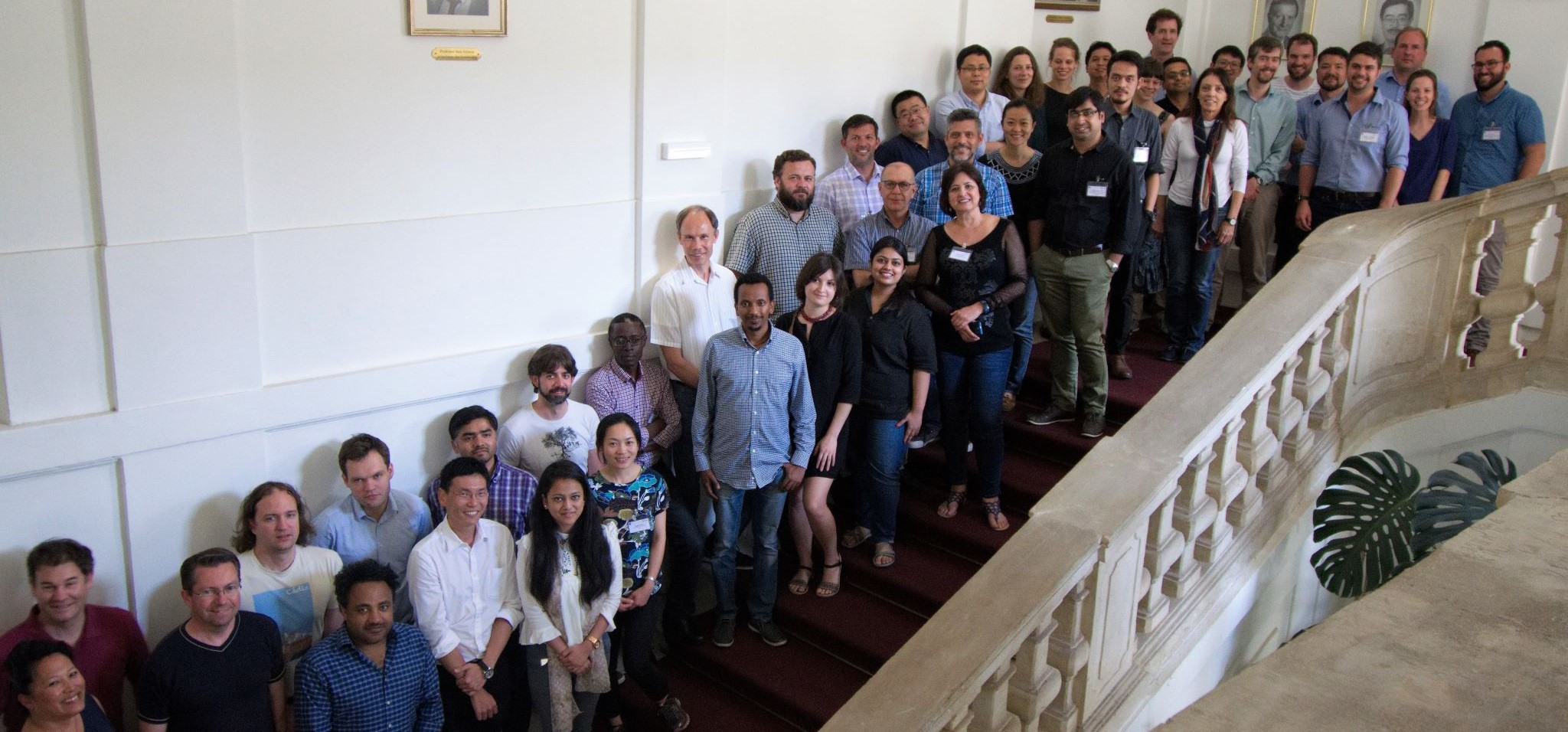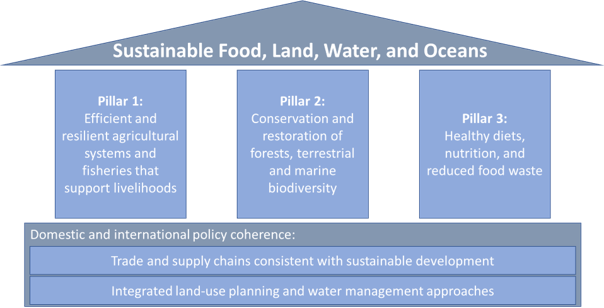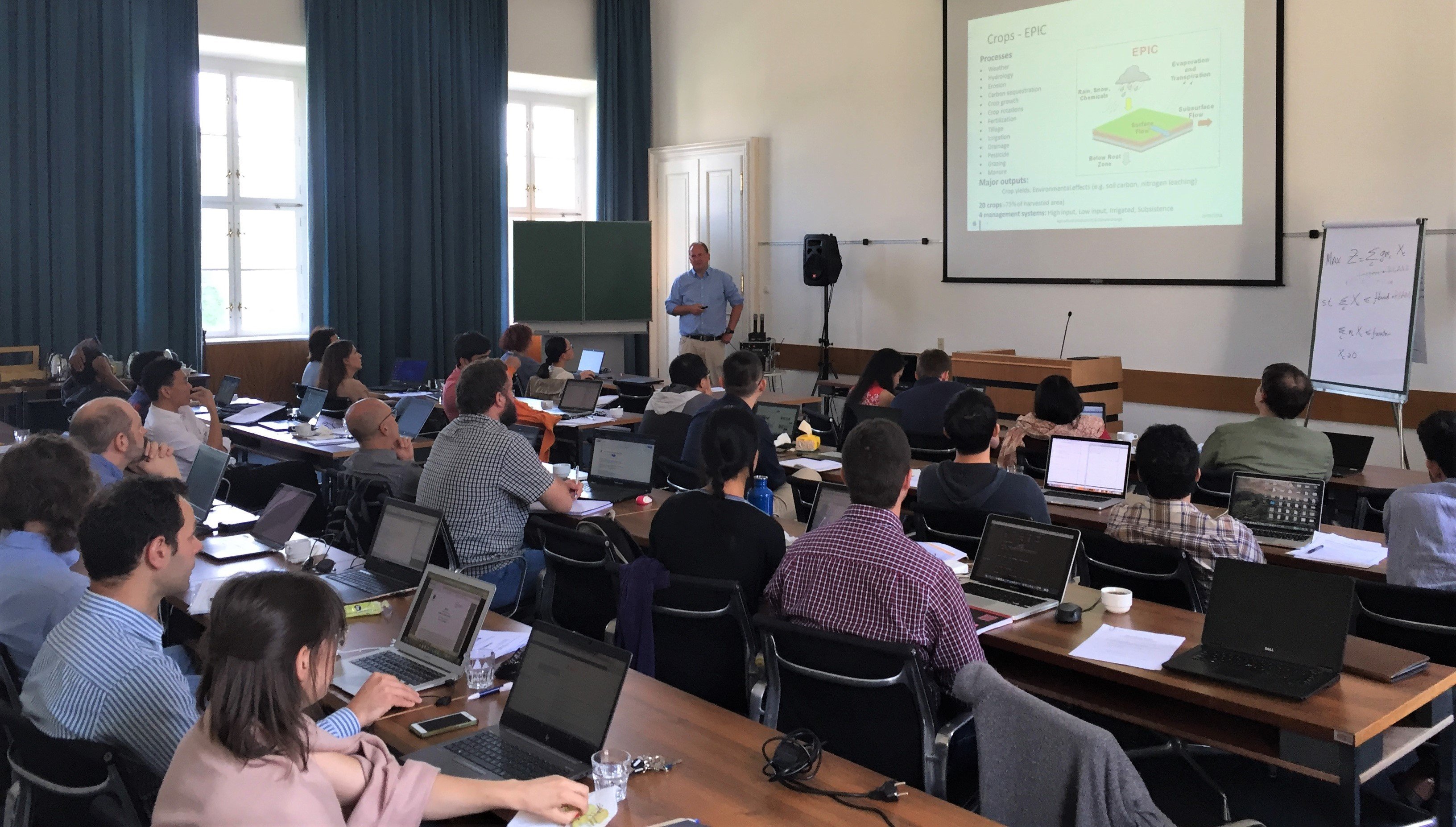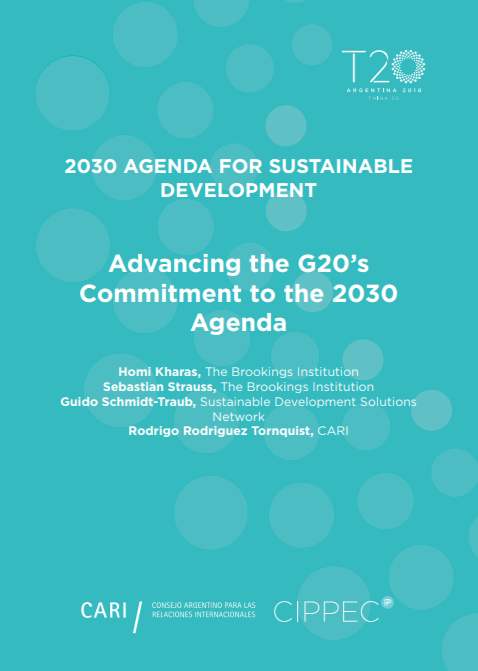
In late 2017, SDSN and the International Institute for Applied Systems Analysis (IIASA) launched the Food, Agriculture, Biodiversity, Land Use and Energy (FABLE) Pathways Consortium to bring together leading research institutions more than 20 country and regional teams. Members of the consortium collaborate to develop integrated long-term pathways towards sustainable land-use and food systems consistent with the SDGs and the Paris Agreement. The FABLE analyses will also assess international spillover effects to ensure that national pathways are consistent with global objectives.
The Food, Agriculture, Biodiversity, Land Use and Energy (FABLE) Pathways Consortium met for its second full consortium meeting on 6-8 June at IIASA in Austria. Close to 30 FABLE country team members joined in person and some additional 20 persons from the FABLE Secretariat, IIASA, the Potsdam Institute for Climate Impact Research (PIK), and the Food and Land Use Coalition (FOLU) also participated. At the meeting, the FABLE teams adopted an ambitious work program. Together, the participants also refined the FABLE pillars for sustainable land-use and food systems (figure below), which summarize the action agenda for sustainable food and land-use systems in five simple categories that will guide FABLE’s analytical work.

The Consortium also explored operational 2030 and 2050 targets – consistent with the SDGs, the Paris Agreement, and the Aichi biodiversity targets – that will anchor the pathways developed by the country teams. As one example, the consortium will explore how the “Half Earth” concept developed by E. O. Wilson might be operationalized to inform country-level action to protect and restore biodiversity.
Preceding the meeting, from 28 May until 5 June 2018, 25 FABLE country team researchers participated in a FABLE training workshop on General Algebraic Modeling System (GAMS), partial equilibrium modeling, and introductions to global land-use allocation models developed by IIASA and PIK. The event was a great success thanks to the focus, solidarity, and motivation of this large and diverse group of researchers. The FABLE Secretariat and partner institutions are now focusing on the next steps to strengthen this new community of practice around global land-use allocation modeling and its application to developing FABLE pathways.

In addition to these notable advances achieved by the country teams, the work of the FABLE Consortium has been formally proposed for adoption by the G20 as a signature initiative on the SDGs by the T20 (Think20) – a group of influential think tanks from G20 countries.

The brief Advancing the G20’s Commitment to the 2030 Agenda recommends four actions on Agenda 2030 and the SDGs:
- “Identify strategic national priorities for collective action and burden-sharing of global public goods and report on these in the collective report to the U.N. HLPF mentioned above;
- Agree that sustainable land-use and food systems are central to the problems of freshwater supplies, biodiversity, nutrient overuse and land degradation:
- Endorse research on pathways towards sustainable food and land-use systems such as the FABLE Pathways Initiative and recommend to the 2019 U.N. HLPF that it be adopted as a global initiative;
- Request national FABLE research teams to engage with government agencies to develop integrated long-term national pathways towards sustainable land-use and food systems consistent with global goals.”